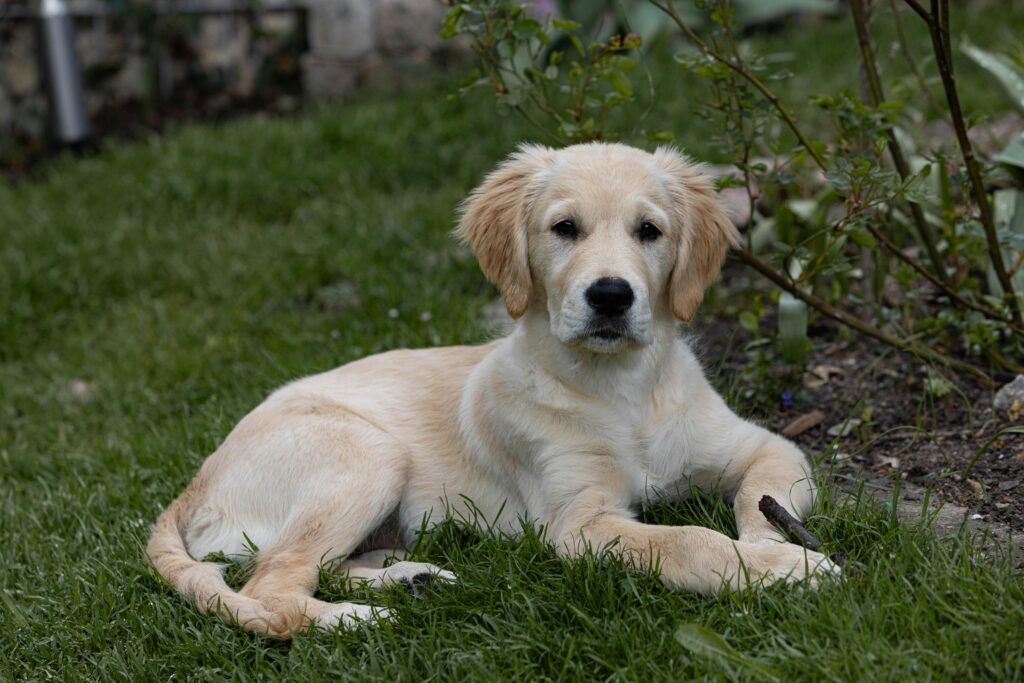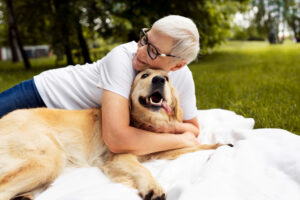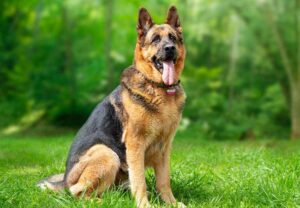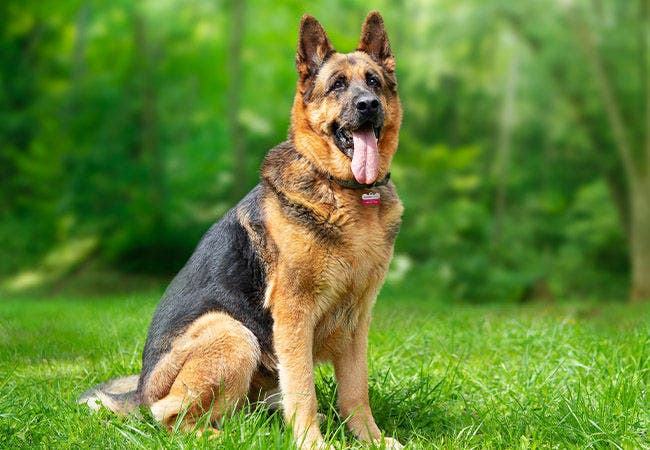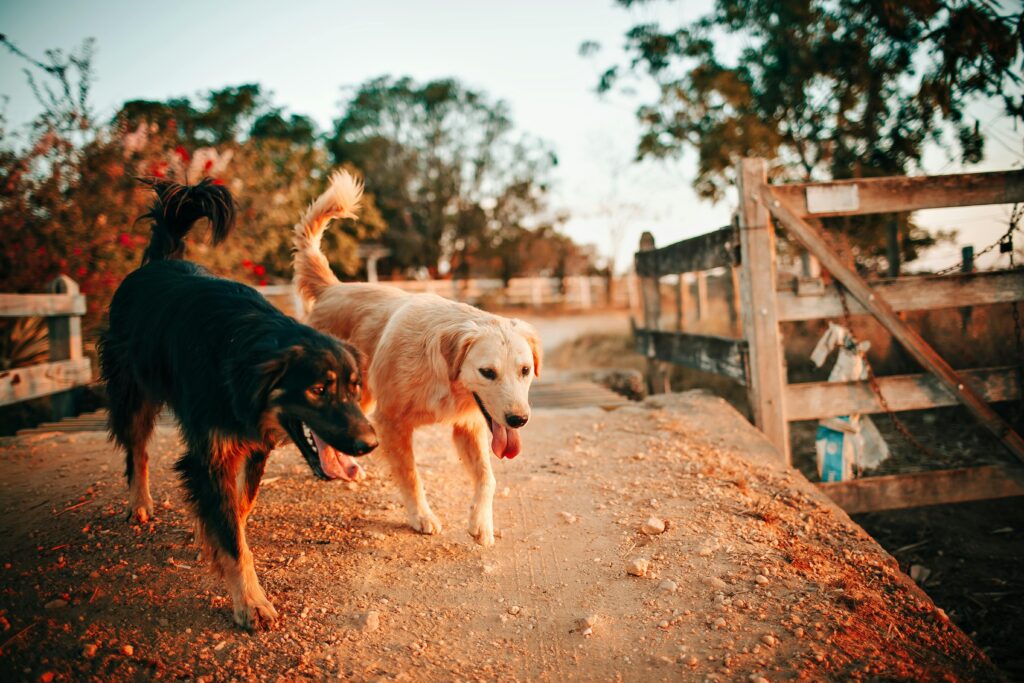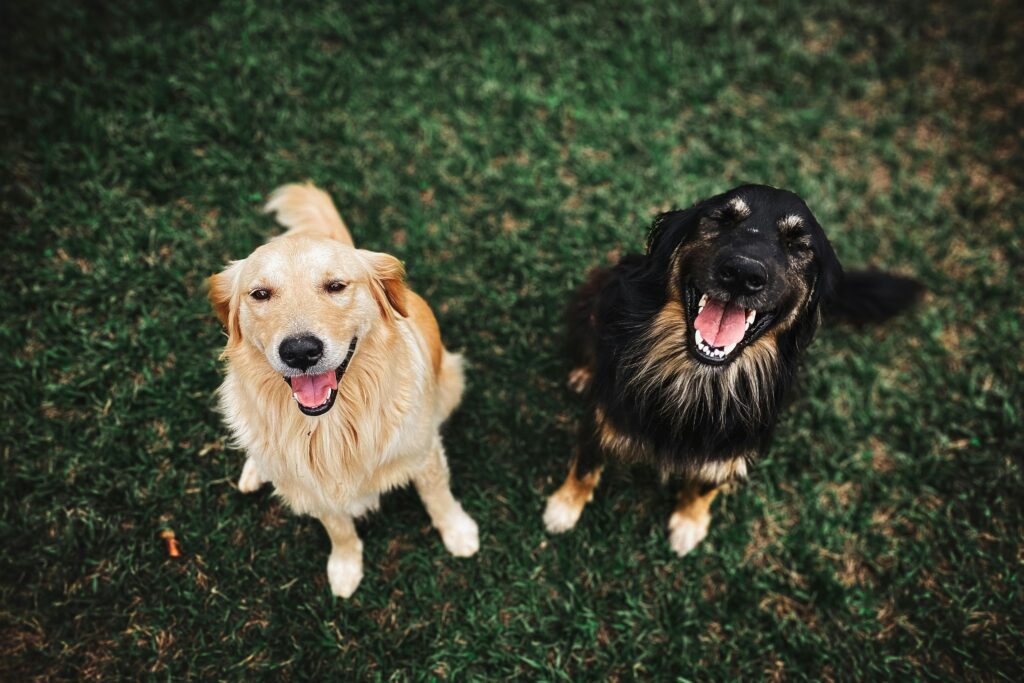Introduction
Learning about causes of elevated dog nose temperature will help you manage their wellbeing better. Your dog’s nose displays regular changes so you naturally ask yourself why it feels either warmer or drier than typical. This article reveals seven unexpected causes behind your notice of warmness in your dog’s nose.
1. Your Dog Might Be Overheating
Your dog’s nose feels warm because your pet is too hot. A hot nose is your dog’s way to dissipate heat from its body but during long bouts of exercise or hot weather the heat becomes more noticeable through the nose. Keep your dog cool by giving them a water supply when they become overheated.
2. A Sign of Health Conditions
When your pet’s nose feels warm it sometimes suggests underlying health problems need treatment. Your dog likely feels too weak to eat or move around normally because their nose is warm. Watch your dog’s daily habits because changes in performance show if they remain healthy.

3. Some dogs will get a warm nose
Your dog’s nasal membrane may get too hot and dry when it encounters dry air. If heaters produce excess heat during winter periods your dog’s nose may naturally warm up. Put safe skin balms on your dog’s nose to stop it from becoming dry.
4. Stressed or anxious feelings are causing this reaction in your dog
When stressed the temperature of your dog’s nose will go up. Your dog’s nervous behavior will show through changes in their nose temperature. Your pet feels stressed when experiencing warm nose at vet or firework events.
5. Infection or Illness
A disease or infection causes your dog’s nose to feel warm. When infections affect your dog’s body the resulting inflammation creates the sensation of warmth in their nose. When your dog’s nose stays warm and you notice additional symptoms take them to see a vet to check for medical problems. Keep close attention because your dog’s warm nose points to potential health issues.
6. Seasonal changes may cause allergies in your pet.
Allergens cause a sensory change in your dog’s nose making it feel warmer than usual. As seasons change many new types of allergens come out that can bother your pet. Your dog may experience a warm nose during specific seasons because of this reason.
7. A Normal, Temporary Change
Occasionally a warm nose will appear without medical concern. A limited increase in temperature on your dog’s nose from brief activity or play won’t harm your pet. Knowing what makes your dog’s nose warm will show you if you need to take further steps.
8. Your Dog Shows Age-Related Body Changes with Time
As dogs get older their physical functions experience important changes. As your dog undergoes normal life changes his nose may start feeling warm. Seniors dogs have natural temperature change regulation that causes their noses to feel warmer than before.

9. Post-Meal Warmth
The tip of your pet’s snout feels hotter right after he finishes his meal. Your pet’s warm nose appears regularly as one of several causes that make their nose hot. The digestive process warms their body enough to make their nose feel heated.
10. Hormonal Fluctuations
Changes in your dog’s hormone levels affect their body temperature. Heat cycles pregnancy and hormone changes can result in warmer nose temperature for your dog. When your dog experiences hormonal transitions their nose may register body heat above its regular level.
11. Sun Exposure
When your dog spends too much time in the sun their nose will feel warmer. When dogs spend time in the sun their noses can easily become warm because of heat exposure. The sun makes your dog’s nose warmer not just for this reason.
12. Breed-Specific Factors
Specific dog breeds naturally have warmer noses than others. Specific dog breeds have natural facial characteristics that can make their noses become warm more regularily. People often notice Bulldogs and Pugs have warm noses because these flat-faced breeds have special facial features.
13. Changes in Activity Levels
When your dog becomes physically active their facial temperature rises including the nose. Your dog’s warm nose may come from an active playtime following outside walks. When your dog engages in strenuous physical activity his nose feels hotter.
14. When your dog recovers from medical treatments
When your dog feels better following health issues or medical procedures their body can return to normal slowly. Your pet may need a warm nose as part of its recovery. When your dog recovers energy this causes their nose to feel warm.
15. Dehydration
A dehydrated dog has nostrils that feel warm and dry to the touch. A lack of water causes problems with body temperature control which makes your dog’s nose feel hotter. Your dog needs unlimited fresh water supply especially right after physical activity.
16. Your dog’s nose warms up during sleep
While sleeping dogs can experience temperature changes in their noses. Your dog can feel warm on his nose because sleep time causes temperature variations. When your dog naps their body temperature swings and affects their nose temperature.
17. Allergic Reactions
The stuffiness from allergies builds heat inside your dog’s sensitive nose through inflammation. When your furry friend encounters allergens it will lead to this outcome. The temperature changes on your dog’s nose during an allergic reaction determine why it stays warm.
18. Reaction to Medication
Drugs prescribed to your dog could change how hot or cold it feels throughout his body. The recent start of new medication treatment may be behind why your dog’s nose feels warm. Watch your dog closely for responses to any new medicines and contact your vet for help.
19. Emotional Excitement
When your dog becomes excited their body responds with physical changes including a warming of their nose tip. When your dog experiences excitement whether from play or from meeting you the tip of their nose will feel warm. A warm nose on your dog typically develops when emotional excitement builds up.
20. Sudden Changes in Temperature
A dog depends on their nose to adjust its temperature from cold to warm spaces. Your dog develops warm nasal passages when temperatures shift. Watch your dog’s environment to prevent unexpected temperature changes that affect their natural temperature control system.
21. Monitoring Your Dog’s Health
Despite a typical warm nose your dog needs continuous health monitoring. Take your dog to the vet for assessment when their warm nose problem persists beyond standard intervals or shows with other health indicators. Regular temperature checks let you spot medical problems in your dog before they become serious.
22. Changes in Air Quality
The condition of your indoor air affects your pup’s nose temperature reading. Dust and pollutants in the air make the inside of your dog’s nose feel warm. Your dog may feel a warm nose due to coming into contact with contaminant-filled air.
23. Your Dog’s Diet and Nutrition
The state of your dog’s nutrition can affect their wellbeing and create body temperature changes including nose temperature. A diet lacking essential nutrients might make your dog’s nose feel warm. For better nose health feed your dog a healthy and nutritious diet.
24. Grooming and Coat Changes
Your dog’s temperature response depends on their coat behavior when you groom or prepare for shedding. Grooming one day may raise a dog’s temperature which affects how their body controls heat. After a grooming session your dog may show a warmer nose due to this factor.
25. Whenever your dog forms close bonds through affectionate actions
Physical responses in a dog match up to their emotional connection with you. When your dog feels connected emotionally their nose can become warmer. Your dog gets warmer from hanging out with family members in many cases.
26. Your body’s cooling system affects your dog’s nose temperature.
The use of air conditioners or fans might adjust your dog’s nose temperature. The cool air from temperature settings dries out their nasal cavities while moving air makes their nose seem warmer. Exposure to air-conditioning devices makes your dog’s nose feel warmer during this time.
27. Breathing Patterns
Dogs especially show increased nose temperature through increased breathing rates. Your dog’s nose typically gets warmer right after physical activity. After vigorous activity your dog’s breath affects their nose temperature.
28. Hydration During Playtime
When dogs become dehydrated through physical activity their nostrils show high temperature even if they feel dry. Water intake controls how well your body regulates its temperature. Warm-feeling nasal tissue on your pet during play times shows they need better hydration which is one reason for their warm nose.
29. The presence of bacterial or fungal infections
Bacterial and fungal diseases create warmth in your dog’s nose. Infection symptoms alongside nasal discharge and sneezing can show when your dog experiences this issue. When you notice your dog’s warm nose take them to a vet for proper evaluation and treatment against any health problems.
30. Your dog develops skin discomfort
When your dog encounters chemical exposure or strong odors they will experience nose irritation. The nose will briefly feel hot to the touch but returns to normal afterward. When your dog stays near cleaning products your pet may develop a warm nose due to contact with harsh substances in your environment.
31. Regular temperature changes happen normally
Dogs show regular temperature changes just like people experience them throughout their day. Their nose normally warms up with physiological changes. If you feel warmth coming from your dog’s nose it happens because their body reacts to external and internal triggers.
32. Changes in nerve activity trigger sensitivity reactions in your dog’s body.
Nerves sometimes make your dog’s nose temperature shift. When a dog becomes excited or startled this leads to temperature elevation. The canine nose warms up when your dog spends time in high alertness conditions.
33. Hormonal Imbalance
Imbalances in hormones affect how well your dog’s body controls body temperature. Consistency in warm dog nasal temperature may reveal a hormonal disorder. Your dog’s warm nose requires frequent evaluation because it shows how their body functions.
34. Inflammatory Conditions
Your dog’s body temperature rises when inflammatory conditions develop in its system. The change in nose temperature has many possible reasons including physical damage or illness. Knowing what makes your dog’s nose feel warm helps you decide when to take them to the doctor.
35. Canine Cold or Flu
The same cold and flu bugs that affect people can also make dogs sick. Body inflammation sometimes brings up your dog’s nasal temperature. Your dog likely has a cold which could result in nasal warmth so watch for other sniffles like coughing and sneezing signs.
36. Heart Conditions
Heart issues affect the way blood flows and helps your dog control body temperature. The body works harder to keep heat balance when unable to maintain regular temperature which causes your dog’s nose to warm. The real cause of your dog’s warm nose needs vet evaluation if other signs appear with it.
37. Post-Vaccination Reactions
Your dog may show a slight temperature increase and develop fever after vaccine shots. This is a normal reaction to the vaccination. Your dog experiences temperature elevation in the nose because of post-vaccine reactions.
38. Fatigue from Physical Activity
When your dog has finished physical activities he feels exhausted and his nose starts to warm up. This regular body response helps your dog get back to normal activities. The reasons your dog experiences a heated nose after activity mainly come from tired muscles.
Conclusion
Understanding why your dog’s nose is hot helps you spot regular body changes from health issues. When your pet shows additional worrying symptoms with their temperature change contact your vet without delay. Monitoring your dog’s health helps them remain happy and feeling their best.

